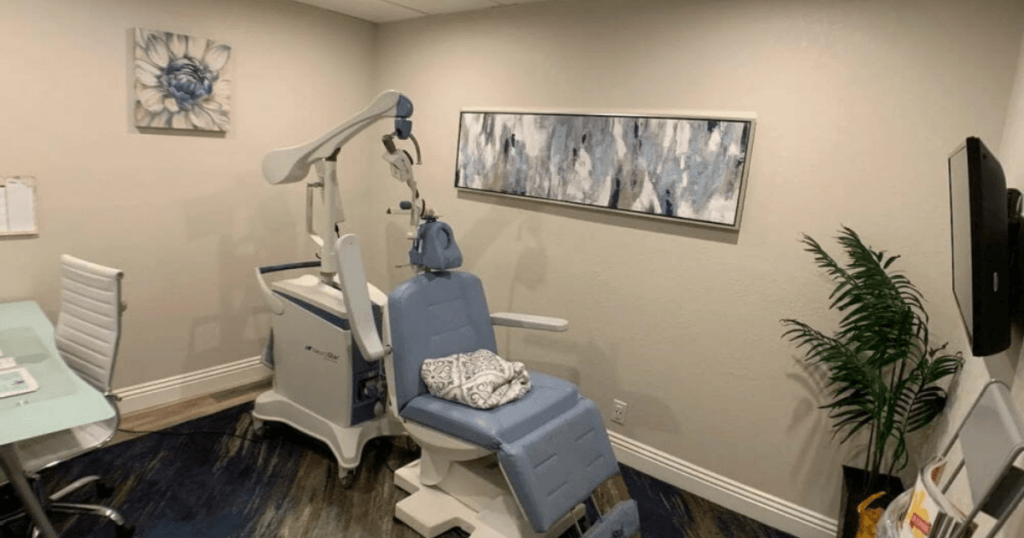Transcranial Magnetic Stimulation (TMS) therapy is a non-invasive, drug-free treatment option for people with major depressive disorder. It can help reduce symptoms of treatment-resistant depression (TRD) and improve mood in some patients who have not responded well to traditional treatments such as medication or talk therapy.
While the procedure can be a practical option, it is crucial to understand the pros and cons of TMS therapy before deciding if this is right for you. Keep reading below.
Pros and Cons of TMS Therapy
The Pros
Non-Invasive
Unlike other forms of medical intervention, TMS treatment does not involve any surgery or medications; instead, it uses magnetic pulses that are sent directly into the brain through a coil placed on your scalp.
This makes it less invasive than many other depression treatment options available today. It may even be suitable for those who cannot tolerate certain medications due to side effects or allergies.
[Related: What To Know About Transcranial Magnetic Stimulation (TMS)]

Targeted Treatment
The nature of TMS treatments allows doctors to target specific areas in the brain associated with depression symptoms. This can result in more targeted results compared with traditional methods such as antidepressants, which affect all areas equally regardless of whether they are relevant or not.
Long-Lasting Results
Many studies have shown that once successful TMS therapy sessions are completed, there can often be long-lasting improvements sustained over time without having further interventions like booster sessions required, unlike some depression treatment alternatives where regular maintenance appointments would need booking.
The Cons
Time-Intensive
As each TMS therapy session lasts around 20 minutes, most courses will require several weeks’ worth of work, meaning significant disruption from work or family life could occur during this period.

Side Effects
Commonly reported side effects include headaches, scalp irritation, weight gain, and fatigue. These usually subside after the first few days but may persist throughout the course, depending on individual tolerance levels.
Is TMS Worth Trying?
Yes, it is worth trying, if your doctor recommended it. TMS treatments provide numerous advantages over conventional therapies, with fewer potentially harmful side effects, all leading to better overall outcomes.

Pacific Neuropsychiatric Specialists (PNS) exists to offer targeted therapy services to every client who requires it. We’ve already treated thousands of individuals using TMS treatment and have become known as one of Orange County, CA’s premier TMS facilities.
Start your path to healing today! Contact us to schedule a consultation.

